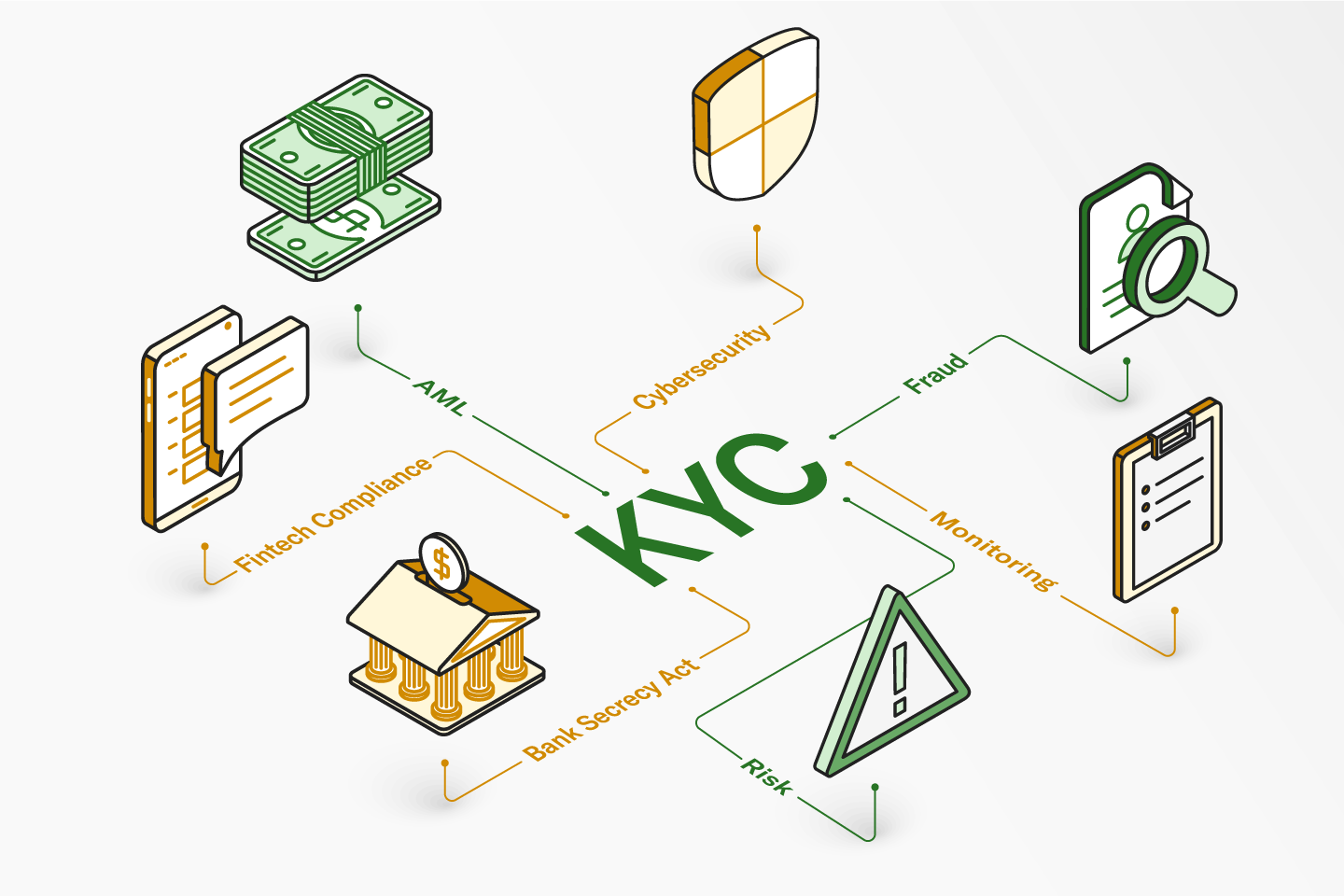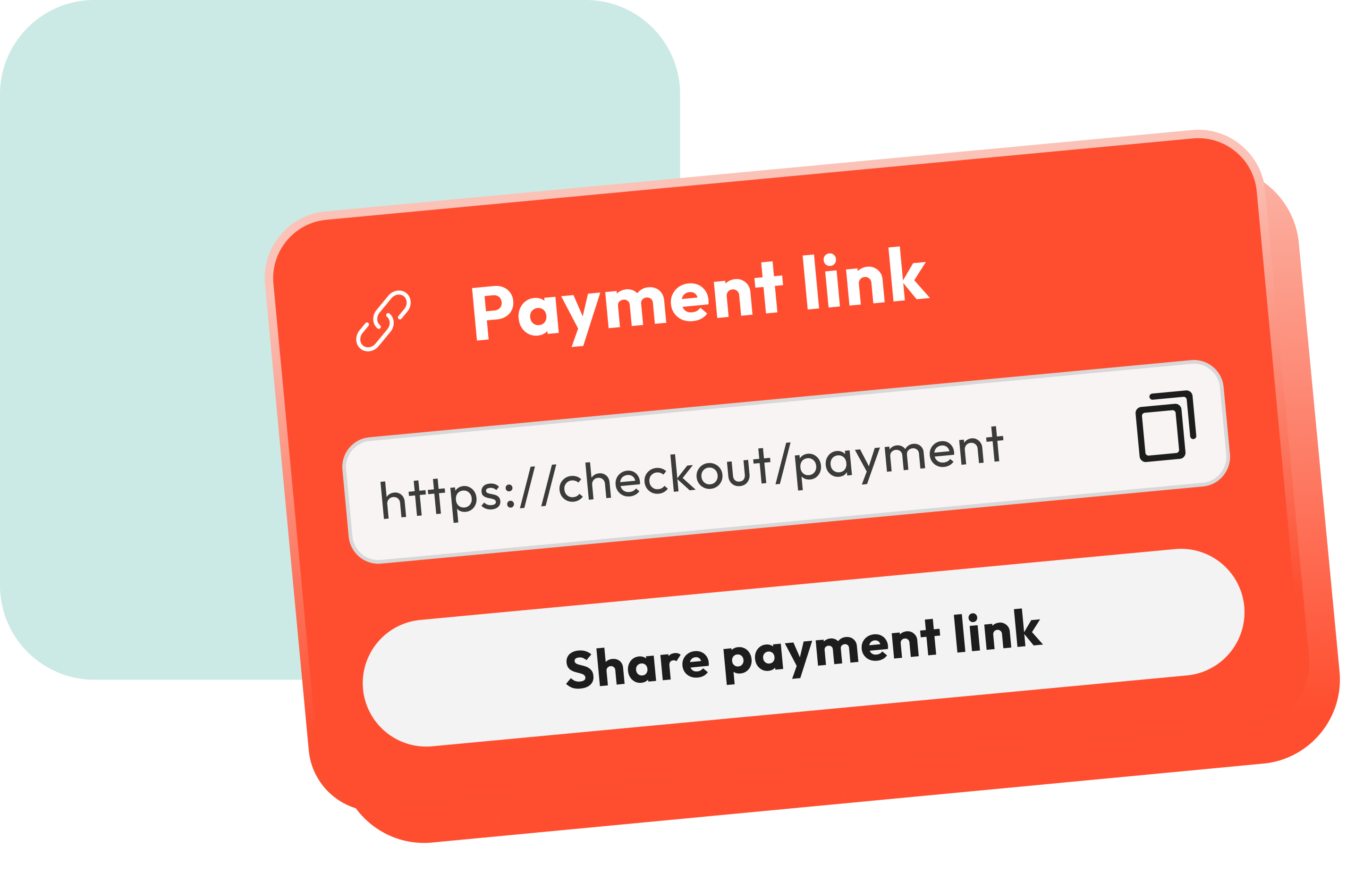What is KYC, and Why Do We Collect It When Onboarding Clients?

When you open a merchant account with RedDragon in the UAE, one of the first steps is completing our KYC (Know Your Customer) process. It’s a vital part of onboarding — not just for compliance, but to protect your business, your customers, and the wider financial system.
But what exactly is KYC, and why is it so important?
What is KYC?
KYC stands for Know Your Customer. It’s the process of verifying the identity and legitimacy of a business and its owners before providing financial services like payment processing.
Globally, financial institutions and payment providers are required to collect KYC information to:
- Prevent fraud and financial crime
- Ensure compliance with UAE laws and international regulations
- Confirm that a business is genuine and operating legally
- Protect the payments ecosystem from misuse
For merchants, it means peace of mind that they are working with a provider that takes compliance and security seriously.
Why KYC Matters for Your Business
At RedDragon, we see KYC as more than just a legal requirement. It’s about:
- Security: Preventing fraudulent accounts and ensuring your transactions are protected.
- Compliance: Meeting UAE Central Bank and global financial regulations to avoid fines or account freezes.
- Trust: Building a transparent relationship between us and our clients.
- Smooth Processing: Ensuring your account is set up correctly from day one, avoiding issues later with settlements or banking.
By handling onboarding thoroughly, we help you start with confidence — knowing your payments are compliant and secure.
RedDragon’s KYC Requirements
When onboarding merchants, we collect specific documents to verify your company and its key people. Depending on whether you’re an in-store or online merchant, requirements vary slightly.
Here’s what we need:
For All Merchants (In-store & Online):
- Memorandum of Association / Memorandum of Understanding
- Valid Trade License
- Company stamp on the onboarding form and potentially other documentation.
- Emirates ID & passport copies of all shareholders with 25%+ shares (front and back, clearly visible).
- If a manager is appointed on the trade licence, their Emirates ID, passport, and details are also required.
- Photos of the storefront and locations where the terminals will be placed
- Local IDs for onshore Emirates-based partners (not required for Free Zone businesses).
- Last 3 months of company bank statements (or as much as available for startups)
- Signatures of authorised signatories, shareholders, and managers (must match the Emirates ID).
Additional for In-store Merchants:
- EJARI rental license + valid tenancy agreement (required for bank processing)
- Photos of the business storefront and counter where the terminal will be placed (multiple photos if more than one terminal)
Additional for Online Merchants:
- Lease agreement if no EJARI (e.g., registered address from an accountant or a company formation company)
Our Promise: Secure, Professional Onboarding
We know that sharing business documents is sensitive. That’s why RedDragon processes all KYC data securely and confidentially.
Our onboarding team works with you step by step to:
- Make the process quick and smooth
- Verify documents properly the first time (avoiding delays)
- Ensure your account is compliant and ready to trade
- Protect your information with strict data security measures
Why This Benefits You
By completing KYC properly, you gain:
- A merchant account that won’t face compliance issues later
- A trusted payments partner who values transparency and professionalism
- Getting your new card payment platform operational faster.
At RedDragon, KYC isn’t just paperwork — it’s the foundation of a secure and lasting business relationship.
If you’re ready to onboard, our team will guide you through every step to ensure a seamless, compliant start. Contact us, and we can start the process!
Keep up-to-date with the payments industry.
Subscribe to a flow of information that can keep you ahead of the game and aid your business growth.






.png)